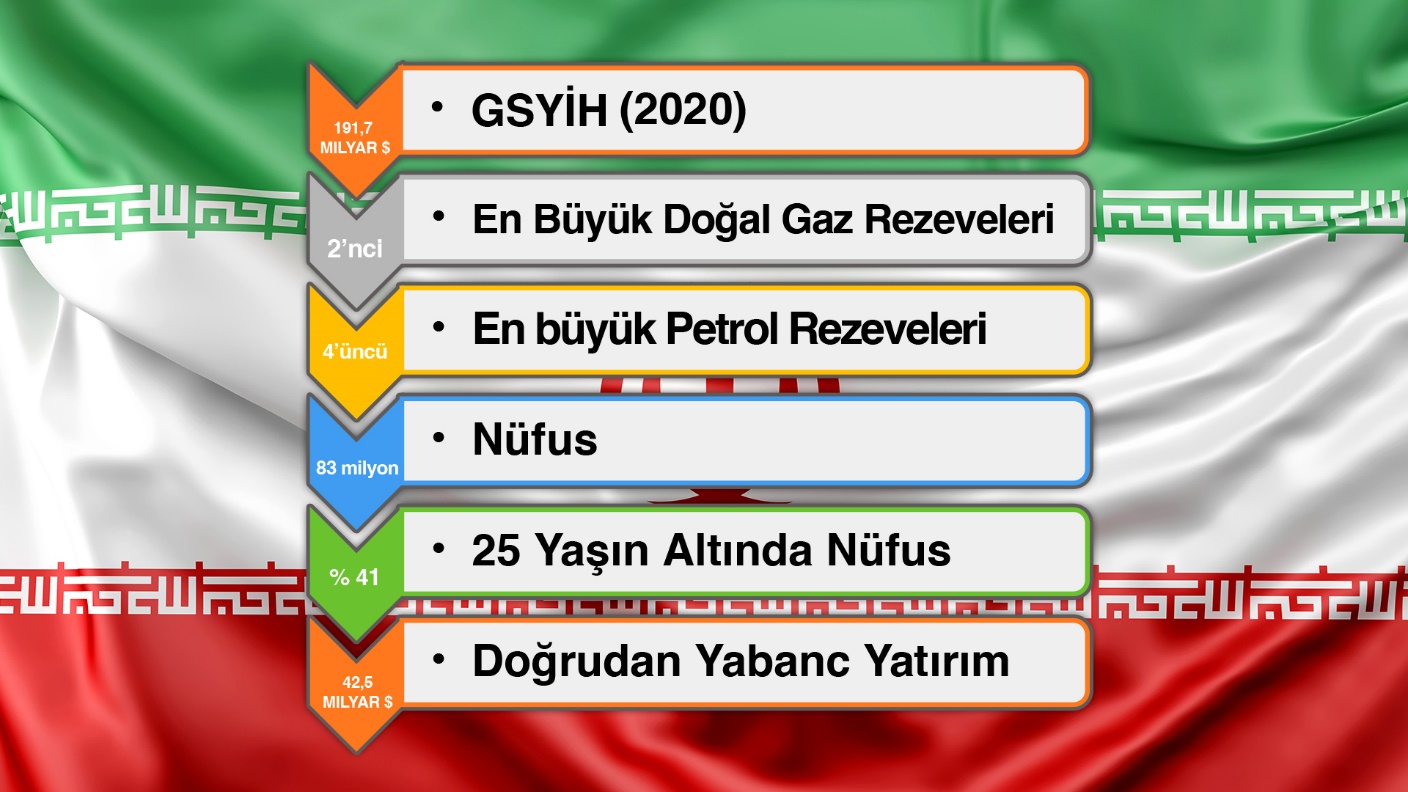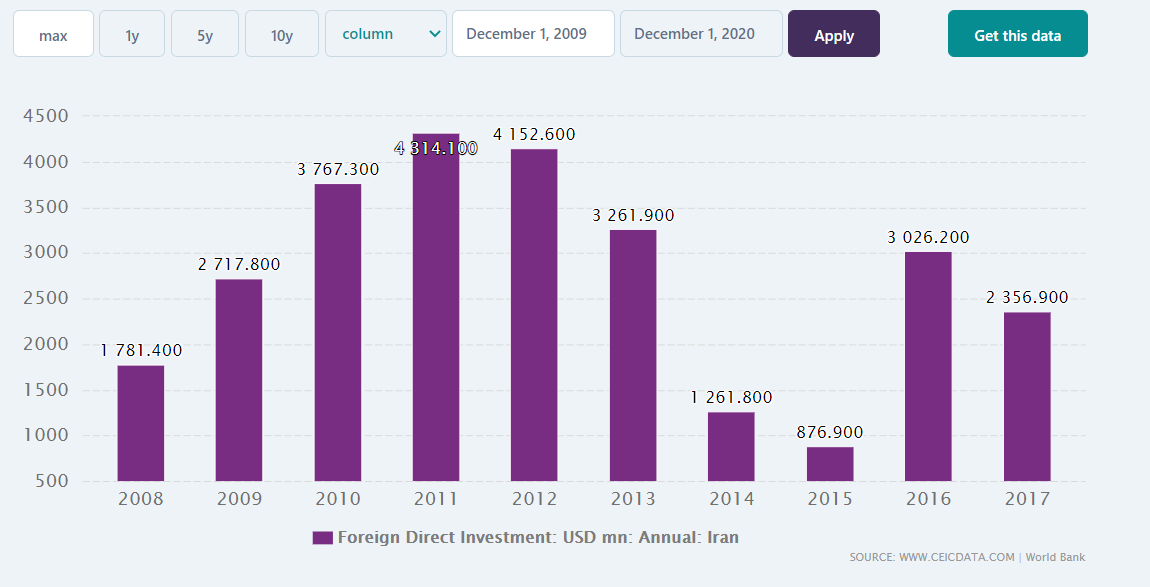JOINT STOCK COMPANY
The main piece of legislation governing commercial companies in Turkey is the Turkish Commercial Code, which entered into force in 1 July 2012. The joint stock company is only one of the corporate structures foreseen by the Turkish Commercial Code, although it remains the most preferred by both local and foreign investors, mainly due to the ability to go public and the fluidity with which share transfers can be realised. A joint stock company is governed by its articles of association. Among other provisions, the articles of association fundamentally provide corporate information (such as title, registered office, share capital etc.) and corporate governance rules (such as number of directors, manner of representation, and reserved matters, if any). As a general rule, the establishment of a joint stock company is not subject to any regulatory or governmental consent, except for certain specific sectors (i.e. banking, energy, holding companies etc.) where the investors are obliged to obtain the consents of the Ministry of Trade and/or the relevant regulatory authority. A joint stock company is formed upon registration with the relevant trade registry.
Shareholding
The Turkish Commercial Code allows the incorporation of single shareholder joint stock companies with no upper limit on the number of shareholders a company may have. It should be noted, however, that pursuant to the Capital Markets Law, a company is deemed to have become public if it has more than 500 shareholders. The shareholders of joint stock companies may be individuals or legal entities and there is no restriction on their nationality.
(i) Share Capital:
As a general rule, joint stock companies must be incorporated with a minimum share capital of TRY 50,000 or TRY 100,000 if a registered share capital system is implemented. In certain regulated sectors (such as financial services and energy), the minimum share capital is considerably higher and varies depending on the activity to be performed. Share capital may be contributed in cash or in kind. Assets, including intellectual property rights and virtual media, which are not encumbered, are cash valuable and transferrable, may be contributed as share capital in kind. If cash is contributed as share capital, 25% of such amount must be deposited with a Turkish bank prior to the incorporation or registration of the share capital increase, with the remaining amount being paid within the 24-month period following the registration thereof with the relevant trade registry.
(ii) Shares and Share Certificates:
The share capital of joint stock companies must be divided into shares with a nominal value of at least TRY 0.01 or its multiples. Consequently, the share capital may be divided into as many shares as desired, subject to the nominal value of any share not being less than TRY 0.01. Although not mandatory, registered or bearer certificates may be issued to represent the shares of joint stock companies. The difference in issuing or not issuing certificates for the shares lies in the procedure of share transfers and does not affect shareholding rights. Please refer to 3.1.1(e) (Joint Stock Company, Share Transfers) for the procedures relating to the transfer of shares in joint stock companies.
(iii) Dividends:
The right to receive dividends is an essential shareholding right with their distribution being decided upon by the general assembly. Unless otherwise set forth under the articles of association, each shareholder is entitled to receive dividends pro rata to its shareholding rate in the company. However, in order to distribute dividends, legal reserves must first be set aside in order to provide for unforeseeable future losses. In this respect, joint stock companies are required to set aside 5% of their net period profit every year as a first legal reserve until 20% of the paid-in share capital is reached. Until such legal reserves exceed 50% of the share capital of the joint stock company, these may only be used to cover losses, for the continuation of business during times of decline or the prevention of unemployment and minimisation of its effects. Upon these reserves exceeding 50% of the share capital, the excess amount shall become distributable. It is possible to distribute “interim dividends” during the course of a financial year upon the approval of the general assembly if the company has generated profits. Such “interim dividends” shall be set-off against the profits to be distributed at the end of the financial year, if any.
(iv) Minority Rights:
While most resolutions, whether of the board of directors or general assembly, are required to be taken with a simple majority vote, the Turkish Commercial Code grants certain privileges to minority shareholders in order to ensure that their rights are not infringed upon by the other shareholders. In this respect, shareholders holding at least 10% of the share capital of a joint stock company, or at least 5% if the company’s shares are publicly traded, constitute the minority. Rights granted to minority shareholders under the Turkish Commercial Code are the rights to (i) request the board of directors to invite the general assembly to hold a meeting, (ii) request additional discussion items to be added to the agenda of a general assembly meeting, (iii) request the issuance of registered share certificates, (iv) block the release of the company’s founders, directors or auditors from liability, (v) request that discussion of the financial tables at the general assembly be delayed to another date, and (vi) file a lawsuit with a commercial court to change the company’s auditor or to dissolve the company on the basis of justifiable reasons.



















